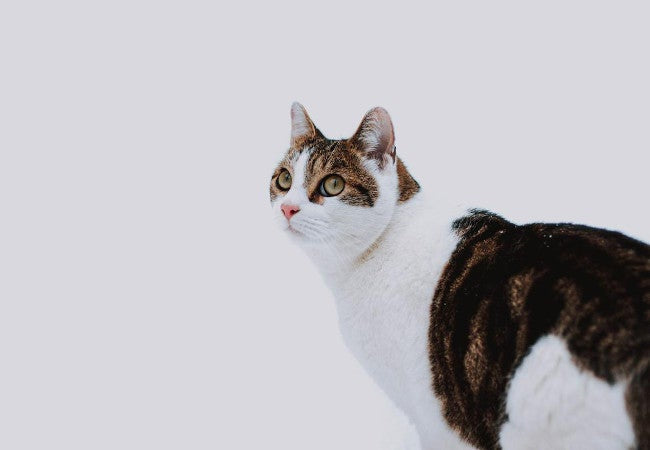Depression in cats is more common than you might think. Anything from a new piece of furniture to loss of a family member can disturb their sense of equilibrium and can be reasons why your cats get depressed. You need to figure out what has changed recently which drove your cats to be depressed.
Causes of depression in cats
Grief
The most common cause for depression in cats can be the loss of a beloved human companion or an old family member or pet. Even though cats are notorious for being aloof, they form strong bonds with humans and other animals.
Illness
Cats are masters at masking discomfort, and Illnesses can cause your cats to feel nauseated, not want to eat, or have no energy. All health problems can affect your cats' happiness level. If you suspect your cats are depressed because they are sick, then you should schedule a visit with your vet as soon as possible.
Boredom
Whilst boredom more commonly leads to behavioural problems, such as destructive scratching and aggression towards humans and other cats, it can also cause cats to become depressed.
Change
Cats are very routine-oriented, and any recent changes in routine, such as an addition of a new family member or pet to the household or moving to a new home, may also be responsible for causing depression.
The most common signs of depression in cats
Much like humans, cats manifest their depression in myriad different ways. As well as taking note of the following signs, it is important to pay close attention to your cats' body language.
Increased sleep
A normal healthy cat sleeps an average of 16-20 hours each day. However, lack of activity and prolonged periods of sleep may also be evident in depressed cats.
Sudden displays of avoidance or aggression
Cats that are normally friendly and outgoing that start to hide away under beds or avoid interaction with the family, may be suffering from depression. In addition, those cats that suddenly become aggressive and exhibit biting, hissing or scratching may also be indicating signs of depression.
House-soiling
Whether defecating outside the litter box or in another area of the home, it could all be signs of depression in cats.
NOTE
Whilst these symptoms could point to depression, they are also signs of medical conditions and issues. It's therefore important to take your cats to the vet for a check-up.
You need to put in consistent effort to battle depression with your cats, and here are some of the other methods you can consider.
Mental and physical stimulation
Cats generally enjoy stimulating activity, so try playing one-on-one with your cats for at least 15 minutes per day. Also, make sure to keep your cats stimulated whilst you're away during the day with a variety of self-play toys and leave the blinds or curtains open with a perch in front of the window. This way can help in avoiding any bouts of boredom that may be making your cats depressed.
Indoor daylight
Most cats love sunlight and observing what's happening outside, and elevating your cats' bed into a well-lit area that's exposed to natural light can help cut back on your cats' depression. The best option is to buy your cats a window perch or place your cats' tree or bed next to a window and help them absorb as much sunlight as possible.
Outdoor time
The benefits of spending time outside is two-fold with natural sunlight and physical activity. Take your cats outside on a leash or in a closely supervised area. Your cats will get to enjoy some physical activity as they explore and soak in the sunlight, hopefully uplifting their mood.
Diet
Feed your cats the right food. You can always book an appointment with your vet to ensure your cats are on a well-balanced diet. You can also make your cats' meal and treat times more fun by encouraging them to work for their food. Try this treat-dispensing toy!
Source: PetMD
Featured image by Mathias Pr Reding

